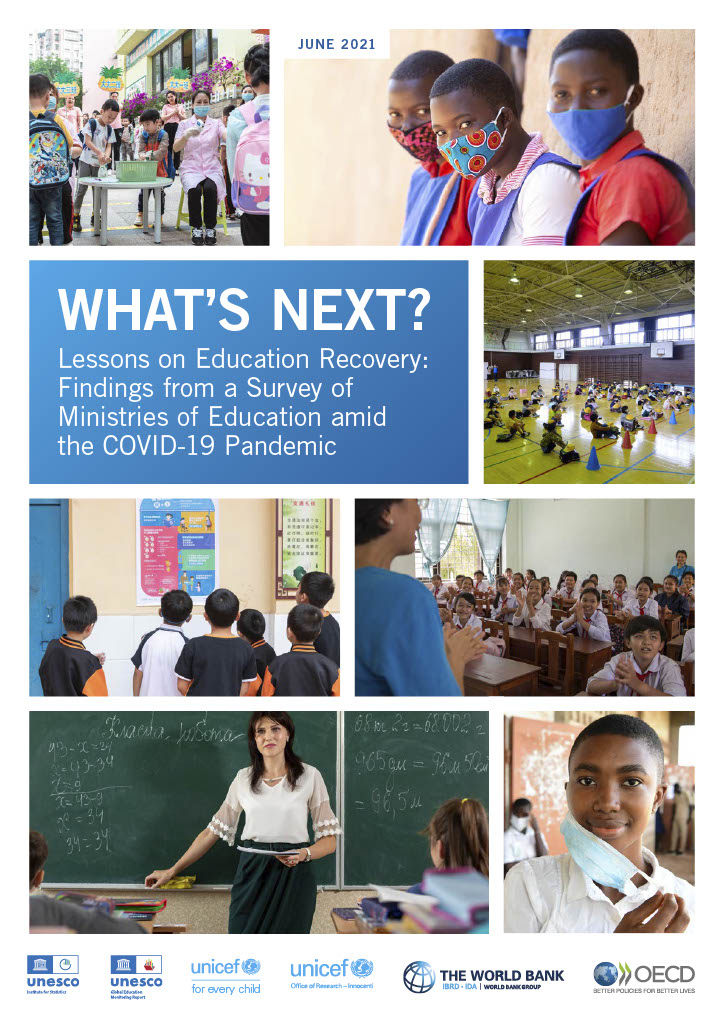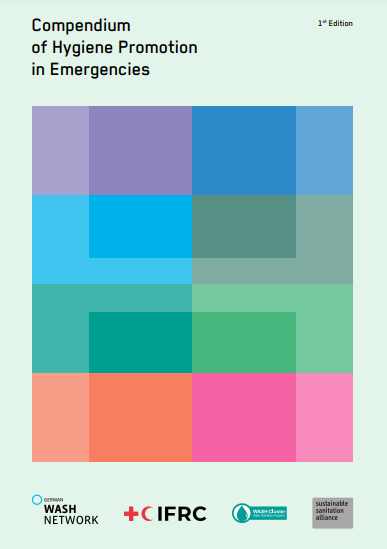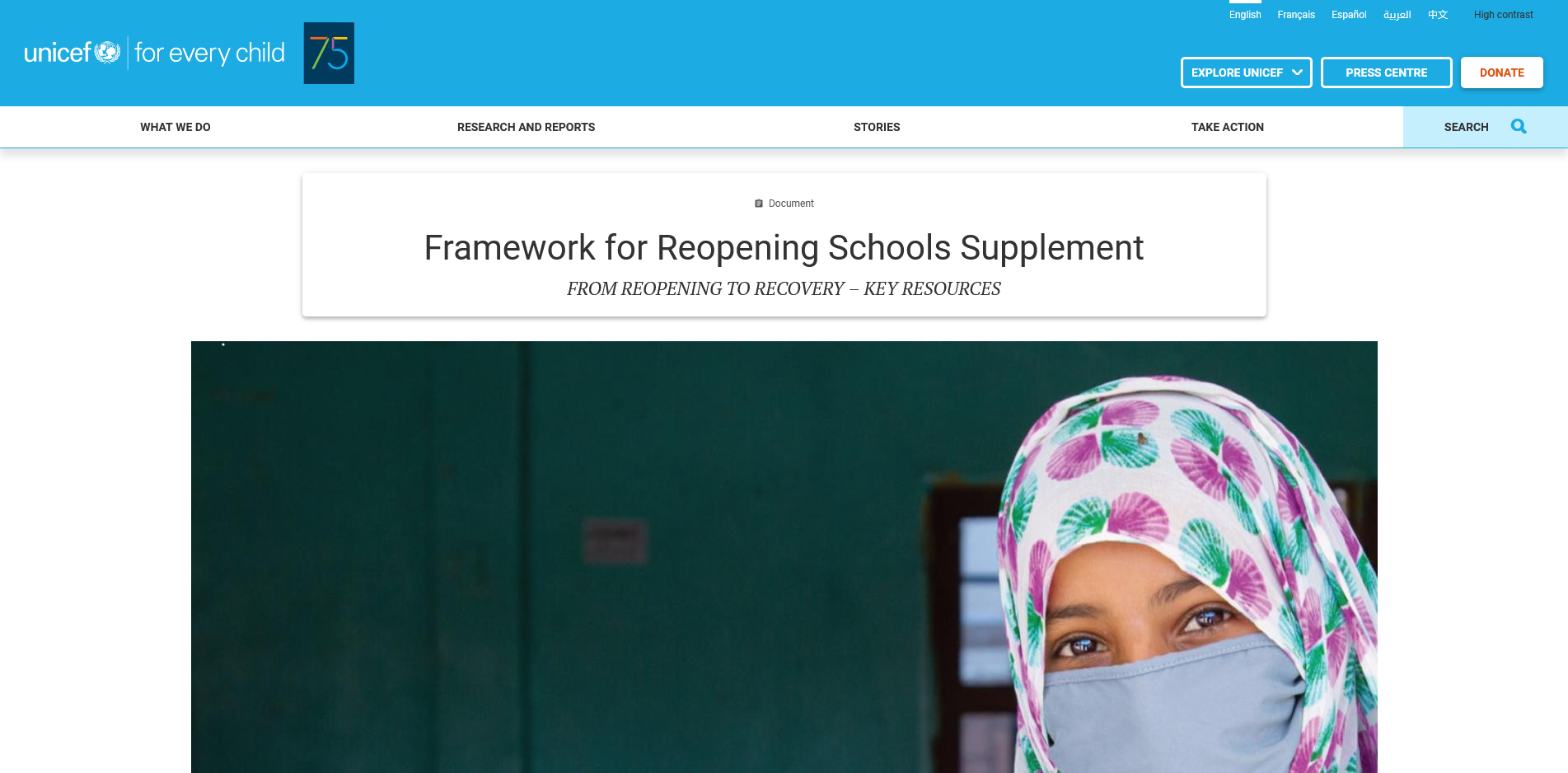
What's next? Lessons on education recovery: Findings from a survey of Ministries of Education amid the COVID-19 pandemic
This report presents findings from the Survey of National Education Responses to COVID- 19, jointly conducted by UNESCO, UNICEF, the World Bank and OECD, and administered by the UNESCO Institute of Statistics and OECD. Three rounds of questionnaires have thus far been administered. This report focuses on responses to the survey’s more recent third round.
This report presents findings from the Survey of National Education Responses to COVID- 19, jointly conducted by UNESCO, UNICEF, the World Bank and OECD, and administered by the UNESCO Institute of Statistics and OECD. Three rounds of questionnaires have thus far been administered. This report focuses on responses to the survey’s more recent third round.
All numbers presented and discussed in this report refer to the share of countries that responded to each relevant question in the survey. The number of countries that provided valid responses to the question are noted in each figure. Where relevant, countries that responded with ‘Don’t know’ or ‘Not applicable’, or countries with no response to any of the options or for a level of education, are excluded from the analysis.
Caution is advised in generalizing the results represented in some figures as the countries that responded to this question cover less than 50 per cent of the total four- to 17-year-old population. These instances are noted under the respective figures. Detailed information on the country and student coverage of each figure, including by income group, is available in Annexes 1-3.
In each country, the survey questionnaire was completed by the Ministry of Education officials responsible for education planning at the central or decentralized levels. The survey instrument was designed to capture de jure policy responses and perceptions from government officials on their effectiveness, providing a systematic understanding of deployed policies, practices and intentions to date.



